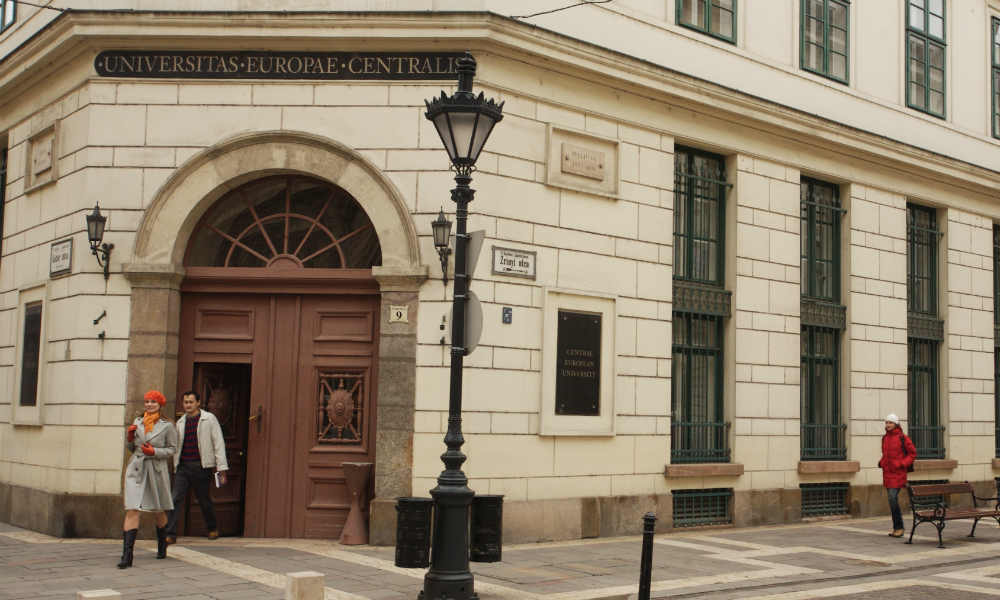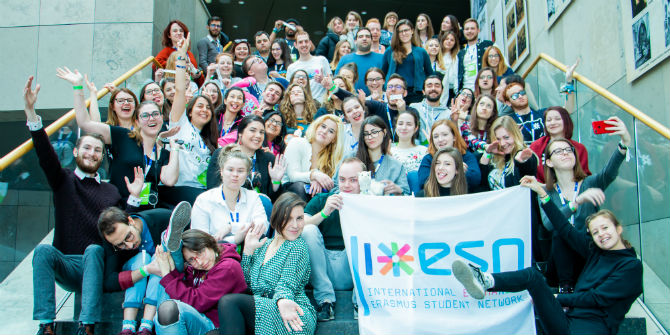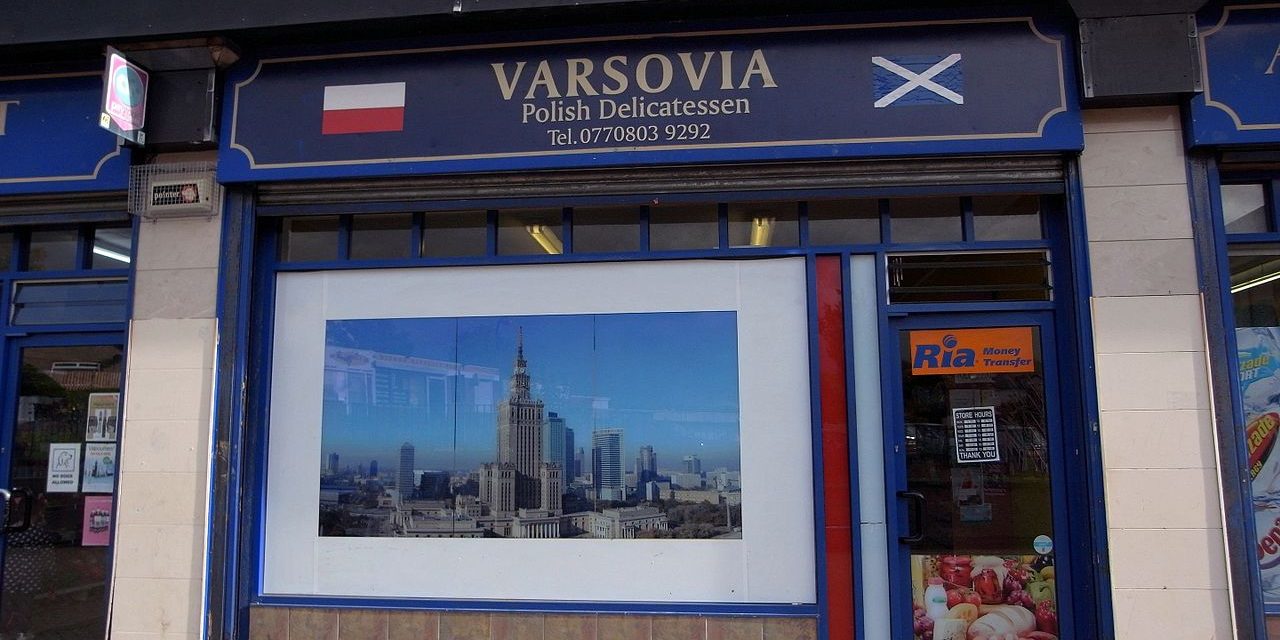 If your parents – and especially your mother – were Eurosceptics, you are more likely to share their views, finds Jennifer Hampton (Cardiff University). This suggests that the roots of Euroscepticism in Britain run deep and may be resistant to the effects of social change.
If your parents – and especially your mother – were Eurosceptics, you are more likely to share their views, finds Jennifer Hampton (Cardiff University). This suggests that the roots of Euroscepticism in Britain run deep and may be resistant to the effects of social change.
Euroscepticism has become increasingly significant in shaping European public opinion and politics over the last decade. Feelings of hostility towards EU membership, and/or integration, have been blended with scepticism towards mass migration, cultural change and market economics by some political parties (such as Lega Nord, the Front (now Rassemblement) National or Fidesz). The growing popularity of these parties, and the successful Leave campaign in the EU referendum, demonstrate the rising importance of these issues and their relationship with Euroscepticism.

Previous research has shown that the origins of Euroscepticism lie in both short-term assessments about the costs and benefits of EU integration, and more deeply-help values about the perceived legitimacy of the EU and its use of power (Boomgaarden et al., 2011; Down and Wilson, 2017). The latter of these originates in the early years of political socialisation, meaning that the key influences during these years – such as the family – may have considerable influence on an individual’s views and assessments of the EU. It is reasonable to assume, therefore, that the beliefs and values that shape Euroscepticism have the potential to be ‘transmitted’ from parents to their children during the socialisation process.
While other studies have considered how the influence of family is related to the development of ‘European’ identity (Quintelier, Verhaegen and Hooghe, 2014), the role family plays in shaping a propensity to regard the EU as a legitimate and valued institution or, conversely, as illegitimate and undervalued, remains largely understudied. Our research addresses this by examining how intergenerational transmission – between parents and their children – is related to the development of Euroscepticism. We have used the opportunity presented by the UK’s EU referendum to examine the relationship between individuals’ support for leaving the EU and the attitudes towards the EU expressed by their parents in the formative years of their political socialisation.
The results of our analysis showed evidence of transmission from parent to child, with some citizens being disproportionately likely to share the Euroscepticism expressed by their parents during their formative years and to support Brexit. This is despite these individuals being in an age group dominated by hostility towards the UK’s withdrawal from the EU, as well as accounting for other characteristics that have been shown to be related to a propensity to vote Leave, such as gender, education, and financial situation.
The figure below summarises the findings by parent, showing the predicted probability (with 95 per cent confidence intervals) of an individual supporting Brexit depending on the levels of Euroscepticism and political engagement of their parents. From this we can see differences between the influences of mothers and fathers. For instance, although a sizeable minority of women in the UK have little interest in politics, the transmission of Euroscepticism from mothers is potentially stronger, with passionately Eurosceptic and politically engaged mothers more likely to instil Euroscepticism in their children than fathers with the same characteristics; with a 52 per cent and 36 per cent probability, respectively.
Furthermore, the influence of mothers is seemingly more dependent on their level of engagement with politics than fathers’ influence. This is highlighted in the 28 percentage point difference between the probabilities of respondents to support Brexit with mothers who were highly engaged in politics but differed on their levels of Euroscepticism. On the other hand, the influence of Euroscepticism of fathers, in terms of transmission, appears to be independent of how interested in politics they are: highly engaged fathers appeared to transmit a tendency to be supportive of the EU, with less engaged fathers transmitting a tendency to be Eurosceptic, regardless of their own position on the EU.
We have only considered the case of extreme manifestation of transmission of parental Euroscepticism, in the form of support for Brexit. It is likely that there are other ways these transmitted values could be expressed, and other influences in individuals’ political socialisation that may affect their later expressions and behaviours. However, we have been able to demonstrate, for the first time, the role of familial socialisation and intergenerational transmission in the development of Euroscepticism.
While social change generally means that younger generations are less Eurosceptic than older generations (Fox and Pearce, 2018), an individual’s propensity to support EU membership is, to varying degrees, likely to be shaped by the attitudes and values of their parents. This means that family can foster particular views towards the EU, even to the extent of acting as a buffer against the pro-EU tendencies promoted by social change. It suggests that deep-rooted experiences of previous political contexts are continuing to shape European public opinion regarding EU membership and associated beliefs and attitudes towards national identity, the role of the state, mass migration, and globalisation.
This post is a summary of findings from Fox, Hampton, Muddiman, & Taylor (2019). It represents the views of the author and not those of the Brexit blog, nor the LSE.
Jennifer Hampton is a quantitative research assistant at the Wales Institute of Social & Economic Research, Data & Methods (WISERD) at Cardiff University.







